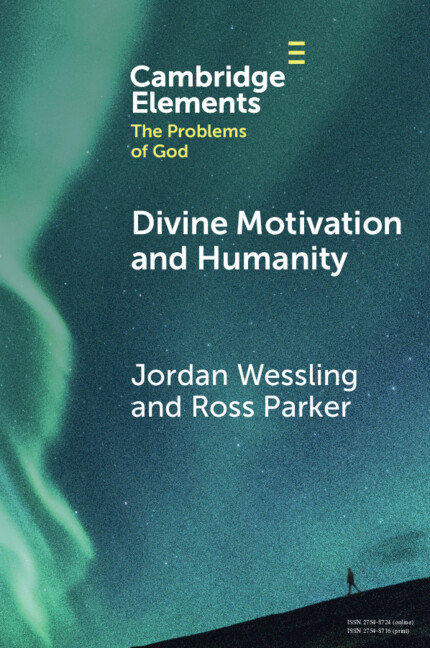Divine Motivation and Humanity
Theists maintain that God created the world and acts within it. However, opinions divide regarding the motives that rest behind and systematically structure God's actions ad extra, especially those actions pertaining to humanity. The major paradigms differ as to whether God is principally motivated (i) by the goal of glorifying Himself, or (ii) by the demands of His own holiness, or (iii) in perfect conformity to moral norms, or (iv) by perfect love. The challenge of providing a theoretical framework for understanding God's fundamental motives vis-à-vis creation constitutes the problem of divine motivation. This Element addresses this problem from a Christian perspective. It assesses leading divine motivational frameworks concerning God's engagement with humanity, and it defends one framework in particular: the Agapist Framework. According to this preferred framework, God's actions toward humans are fundamentally motivated by God's perfect love.
Product details
June 2025Paperback
9781009287050
84 pages
230 × 151 × 5 mm
0.14kg
Available
Table of Contents
- 1. The problem of divine motivation
- 2. The glorificationist framework
- 3. The holiness framework
- 4. The morality framework
- 5. The agapist framework
- 6. The plausibility of the agapist framework
- 7. Conclusion
- References.




